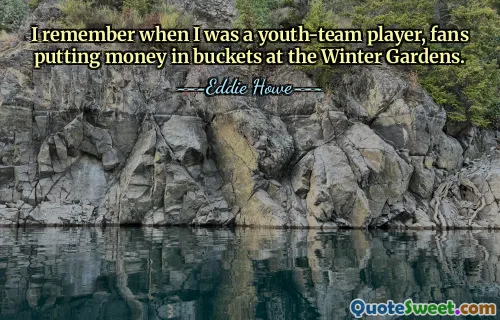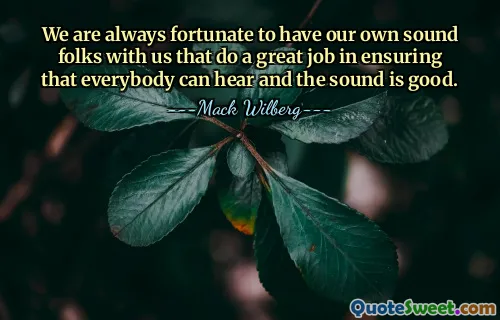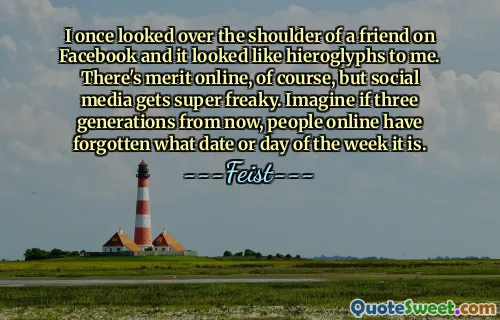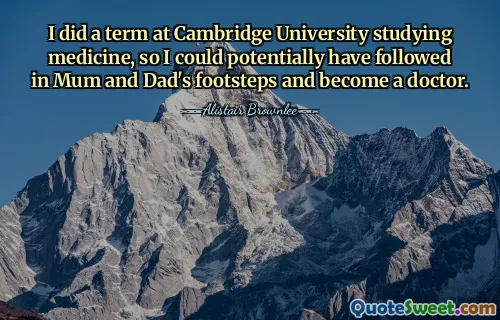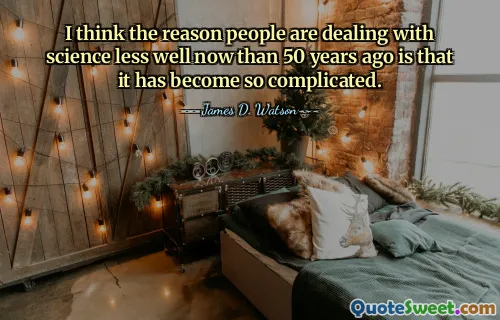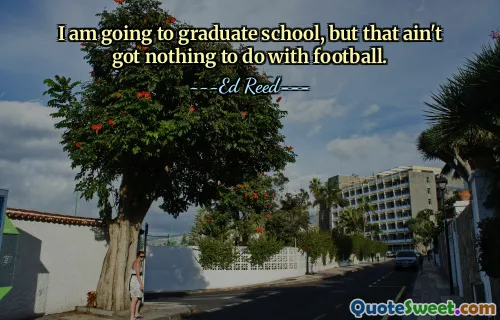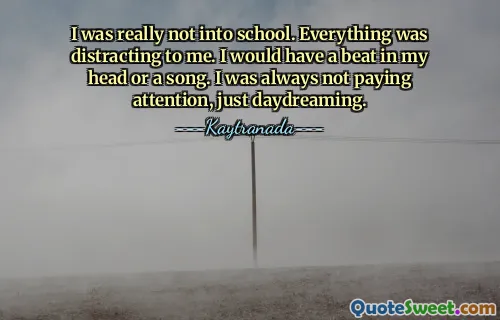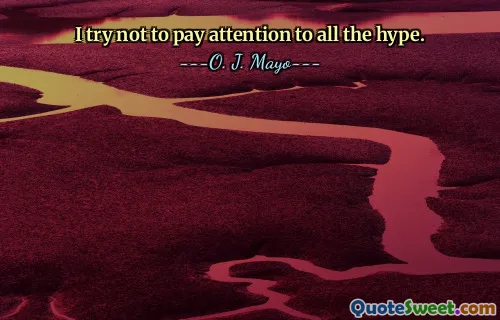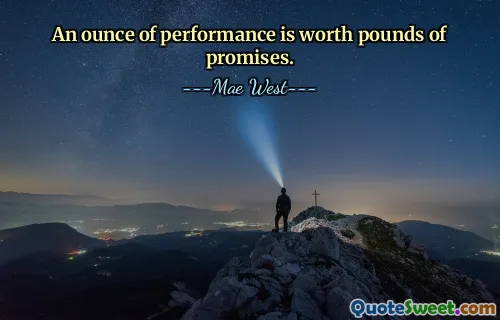
We hear so often that we must read but what is more important and often not advised is to always think and question what we read. Reading, retaining and repeating is often called education. Wisdom is when we can read, question, adapt and apply what is relevant to the time and space in which we exist.
This quote emphasizes the critical distinction between basic education and true wisdom. While reading and memorizing information are foundational aspects of learning, they alone do not lead to genuine understanding or growth. The act of questioning what we read is essential because it encourages cognitive engagement, fosters curiosity, and enables us to challenge assumptions rather than accept ideas blindly. Wisdom extends beyond mere accumulation of knowledge; it involves the ability to assess relevance, adapt concepts to current contexts, and apply them effectively in real-life situations. In our fast-changing world, where information is abundant and often overwhelming, the capacity to discern what is meaningful and adapt it to our personal circumstances is invaluable. Simply following the routine of reading and repeating equates to superficial learning—what the quote refers to as education—while true wisdom involves a dynamic process of critical thinking and contextual application. This process ensures that knowledge remains alive and relevant in varying circumstances and helps us develop a nuanced understanding of the world around us. Moreover, embracing questioning and adaptation allows us to stay open-minded and flexible, qualities that are vital for personal development and societal progress. The quote ultimately reminds us that becoming wise is a continuous, active effort—an ongoing dialogue between our readings, our questions, and our application of knowledge in the pursuit of truth and improvement.
---Lennox D.Lampkin---


